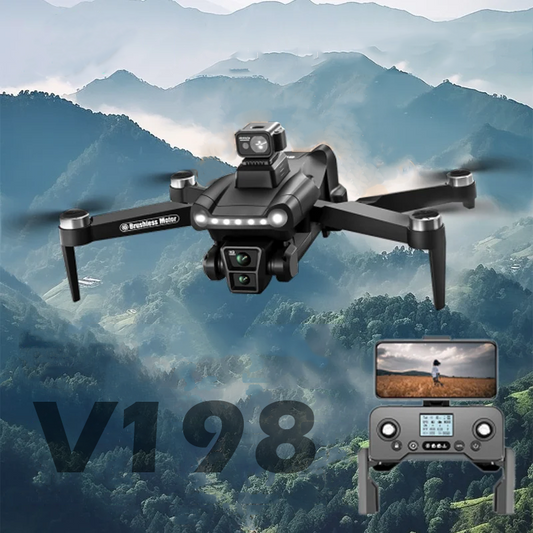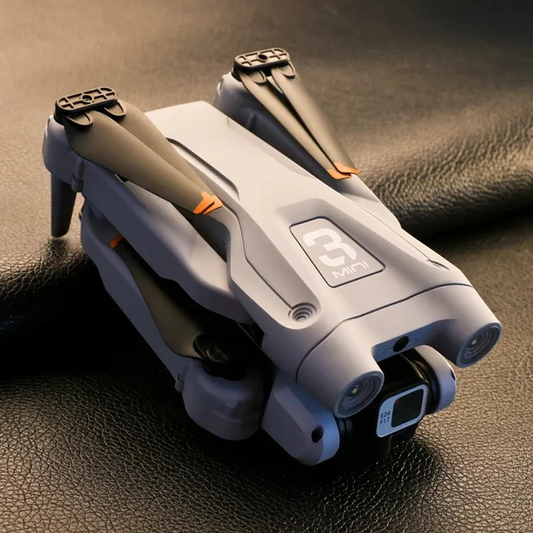The Ethics and Controversy Surrounding Drone Warfare

In recent years, the utilization of drones in warfare has sparked significant debate, stirring ethical dilemmas and controversies across the globe. This advanced technology, while offering strategic advantages and minimizing risks to soldiers, raises profound questions about the morality and legality of its use. From civilian casualties to issues of sovereignty, the discourse surrounding drone warfare delves into complex ethical terrain. In this article, we delve into the multifaceted dimensions of this contentious topic, examining the ethical considerations and controversies that envelop drone warfare.
Understanding Drone Warfare:

Drone warfare, also known as unmanned aerial vehicle (UAV) warfare, involves the use of remotely piloted aircraft to conduct military operations. These drones come equipped with various capabilities, including surveillance, reconnaissance, and targeted strikes with precision-guided missiles. Initially developed for intelligence gathering, drones have evolved into a prominent tool in modern military arsenals due to their versatility and effectiveness in combat operations.
Ethical Considerations:
1.Targeted Killings and Civilian Casualties:

One of the primary ethical concerns associated with drone warfare is the potential for civilian casualties. While proponents argue that drones minimize civilian harm by providing unparalleled precision in targeting, critics contend that the inherent limitations of intelligence and the risk of collateral damage remain significant. The lack of transparency surrounding drone strikes in conflict zones further complicates efforts to assess their ethical implications accurately.
2.Violation of Sovereignty:

The use of drones in regions where the United States or other countries are not officially engaged in armed conflict raises questions about sovereignty and international law. Targeted killings conducted in sovereign territories without the consent of the host nation challenge established norms of sovereignty and raise concerns about extrajudicial executions.
3.Psychological Impact and Desensitization:

The remote nature of drone warfare, wherein operators may be thousands of miles away from the battlefield, has raised concerns about the psychological impact on military personnel. Critics argue that the detachment afforded by drone technology could lead to desensitization and moral disengagement, potentially lowering the threshold for engaging in lethal actions.
4.Lack of Accountability:
The secrecy surrounding drone operations and the absence of clear guidelines for accountability present challenges in ensuring transparency and oversight. Without robust mechanisms for accountability, there is a risk that drone strikes could be conducted without proper scrutiny or adherence to legal and ethical standards.
Controversies Surrounding Drone Warfare:
1.Legality and Justification:

The legal rationale for drone strikes, particularly those targeting individuals outside of traditional battlefields, remains a subject of intense debate. Critics argue that such actions may violate international law and undermine principles of due process and sovereignty. The lack of clear legal frameworks governing drone warfare contributes to ongoing controversies regarding its justification.
2.Blowback and Radicalization:

Some experts warn that the use of drones in counterterrorism operations could inadvertently fuel anti-Western sentiment and radicalization. Civilian casualties resulting from drone strikes have the potential to breed resentment and serve as a recruitment tool for extremist groups, perpetuating a cycle of violence and instability.
3.Arms Race and Proliferation:

The proliferation of drone technology has raised concerns about its potential implications for global security. As more countries acquire and develop armed drones, there is a growing risk of an arms race that could escalate regional conflicts and exacerbate tensions between states. The lack of international consensus on regulating drone proliferation adds another layer of complexity to this issue.
The ethics and controversies surrounding drone warfare underscore the need for a nuanced and informed dialogue on the use of this technology in military operations. While drones offer strategic advantages in terms of precision and risk reduction, their deployment raises profound ethical dilemmas and legal challenges. Addressing these concerns requires a multifaceted approach that balances national security imperatives with respect for human rights, international law, and sovereignty. As technology continues to evolve, policymakers, military leaders, and civil society must work together to develop responsible guidelines and mechanisms for accountability in drone warfare, ensuring that its use aligns with ethical principles and advances global security objectives.
Explore a variety of drones at our online drone store.Happy Flying!









